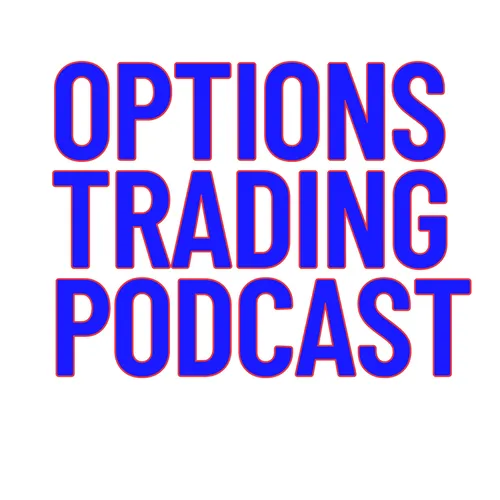How Can I Avoid Revenge Trading After A Loss?
- Author
- Sponsored by: OptionGenius.com
- Published
- Sun 31 Aug 2025
- Episode Link
- None
That gut-wrenching feeling after a trading loss can trigger one of the most destructive impulses an investor can face: the urge to "win it back" immediately. So, how do you handle it? This episode directly answers a question from our community:
How can I avoid revenge trading after a loss?
We're taking a deep dive into the psychology behind this dangerous habit, exploring why our brains are hardwired to treat financial losses like physical pain. Discover the three primary psychological drivers—loss aversion, ego protection, and post-loss overconfidence—that push you to break your own rules.
Most importantly, we're giving you a complete toolkit of concrete, actionable strategies to stop revenge trading before it starts. Learn how to implement mandatory cool-down periods, use pre-trade checklists to enforce discipline, reframe losses as simple business expenses, and leverage journaling to find your personal triggers. This episode is your practical guide to turning emotional setbacks into manageable data points for long-term success.
What's your number one rule for staying disciplined after a loss? Share your thoughts with us and subscribe for more insights!
Key Takeaways
- The Psychology of Pain: Your brain processes a financial loss with an intensity similar to physical pain, triggering a primal "fight or flight" response to eliminate the feeling immediately.
- Three Core Drivers: Revenge trading is primarily fueled by loss aversion (a loss hurts twice as much as a gain feels good), ego protection (the need to prove you're not wrong), and paradoxical post-loss overconfidence (the feeling that you're "due" for a win).
- Create a "Speed Bump": The most effective way to stop revenge trading is to create a mandatory buffer between a loss and your next trade. This can be a timed break, a "max loss for the day" rule, or a cool-down checklist you must complete.
- Reframe Losses as Business Expenses: Shift your mindset to view small, planned losses not as failures, but as the normal, expected operating costs of trading. This detaches your ego from the outcome.
- Process Over Profit: Your success should be measured by your discipline in following your plan, not by the profit or loss of a single trade. Rewarding good discipline rewires your brain for long-term consistency.
"Your brain isn't just vaguely uncomfortable, it's feeling this intense pain. It's biologically programmed to eliminate it... like right now."
Timestamped Summary
- 1:05 The Psychology Explained: Why your brain treats a financial loss like physical pain.
- 3:41 The 3 Main Drivers: Unpacking loss aversion, ego protection, and post-loss overconfidence.
- 5:04 Actionable Strategy #1: Implementing mandatory breaks and post-loss rules.
- 7:35 Actionable Strategy #2: Trading small enough so that losses don't trigger an emotional response.
- 11:32 The Mindset Shift: How to start viewing losses as a simple "cost of doing business."
What's your go-to strategy for staying calm after a loss? Join the conversation in our free Facebook group! If you found this valuable, please leave us a 5-star review on Apple Podcasts—it helps more traders find the show.
